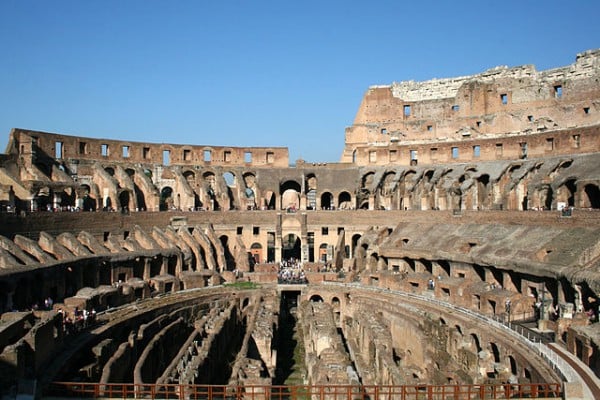Art World
Luxury Brands Fund Restoration of Italy’s Monuments


Lydia Epp Schmidt

After decades of relying on government funds to maintain historical sites, Italy has done an about face and now encourages (and depends on) the sponsorship of private corporations to restore its monuments, New York Times reports. The €25 million ($34 million) refurbishment of the Colosseum funded by luxury group Tod’s, the $4 million restoration of the Trevi Fountain sponsored by Fendi, and $2 million from Bulgari to work on the Spanish Steps are among the projects spurring controversy over the role that private corporations play in safeguarding cultural heritage.
“Our doors are wide open for all the philanthropists and donors who want to tie their name to an Italian monument,” Italy’s culture minister, Dario Franceschini, tells the Times. “We have a long list, as our heritage offers endless options, from small countryside churches to the Colosseum. Just pick.”
In May, Franceschini announced a new tax break designed to encourage private donations for the preservation and restoration of museums, libraries, archives, and theaters. The tax deduction allows donors to receive a credit of 65 percent of their contribution over three years.
Critics are enraged by politicians renting out monuments and allowing luxury brands to use sacred historical sites as commercial ventures. The widespread switch indicates an increasing privatization in Italy. But politicians are convinced they are on the right track.
“There are a lot of people who thought, ‘Oh, we cannot have rich billionaires paying with his money or her money to restore our antiquities,’” Ignazio Marino, the mayor of Rome, told the Times. “I took a completely opposite approach: ‘Look for the money where the money is.’”
It is now rumored that a deal is being brokered with the Saudi royal family that may be the largest project under the initiative to date.